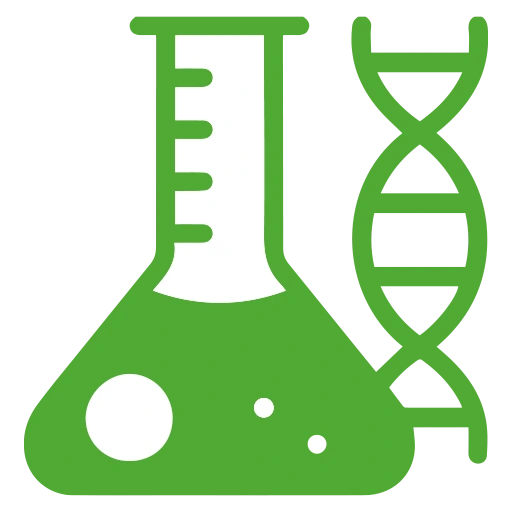
Biochemistry
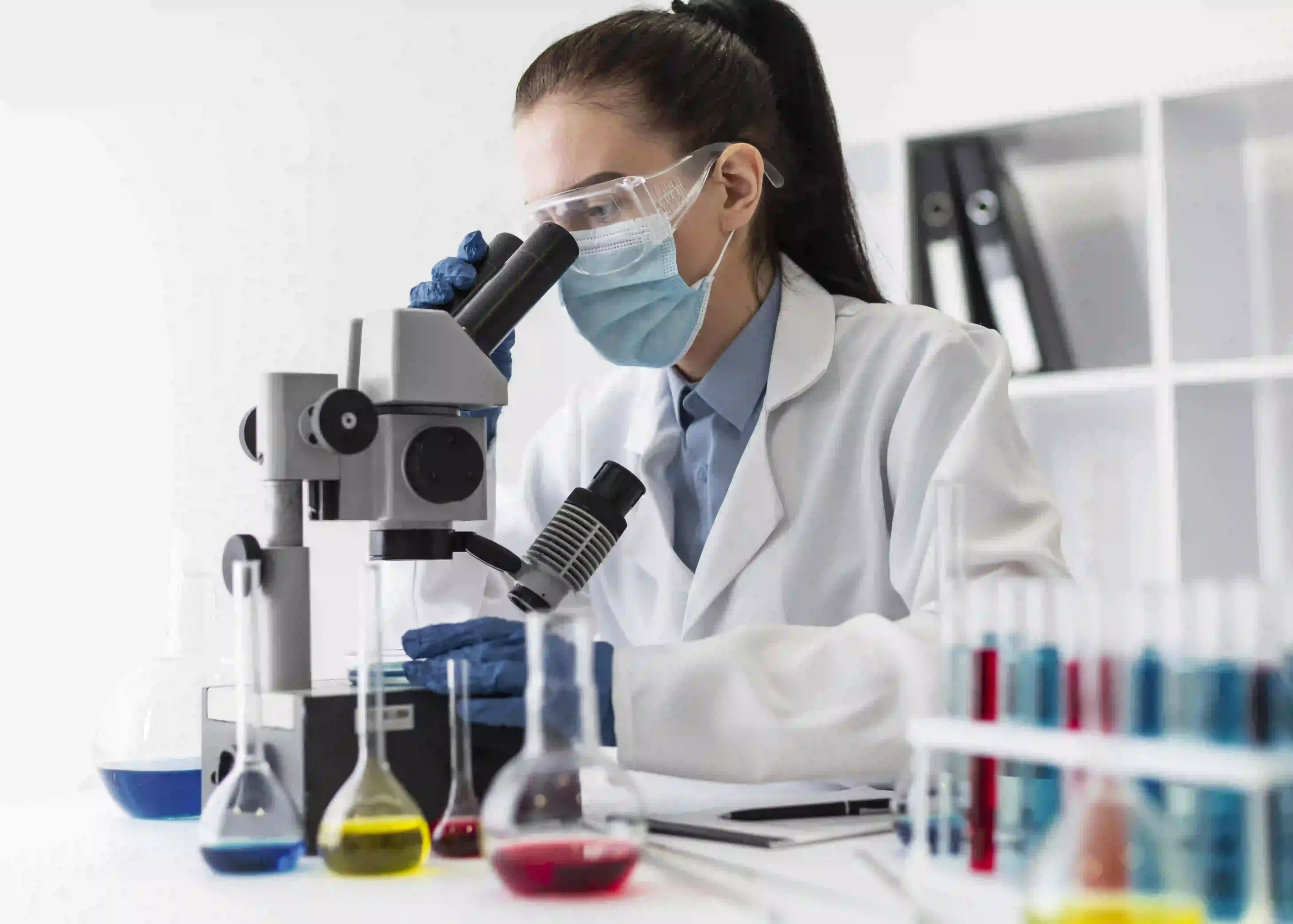
A subspecialty of laboratory medicine in which chemical and biochemical methods are used to study disease.

Heametology

Hematology is the medical specialty that studies blood, blood-forming organs, and blood disorders.
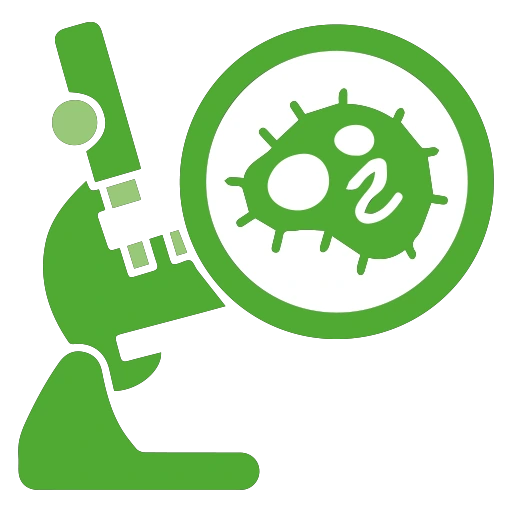
Microbiology

The use of biological, biochemical, molecular, or chemical methods to detect, identify, or count microorganisms in a material.

Pathology

Blood tests, as well as testing on urine, feces, and biological tissues, are used to diagnose disorders such as cancer and other chronic illnesses.

Molecular biology

Molecular biology is the study of how molecules interact in living creatures to carry out life’s activities.

Serology

Serology tests determine whether or not certain antibodies are present in the blood. Antibodies are proteins produced by your immune system to combat foreign invaders.
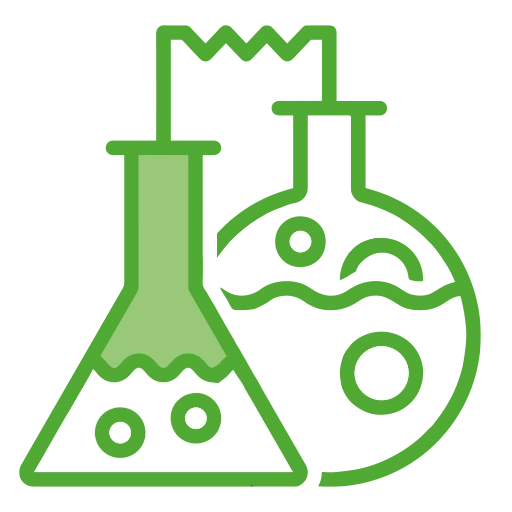
Clinical pathology

Clinical pathology is a branch of medicine that deals with the diagnosis of disease using laboratory tests on bodily fluids like blood, urine, and tissue homogenates.

Histopathology

Histopathology is a branch of pathology that examines tissue for signs of disease. Examine tissue under a microscope and write a report based on the results.
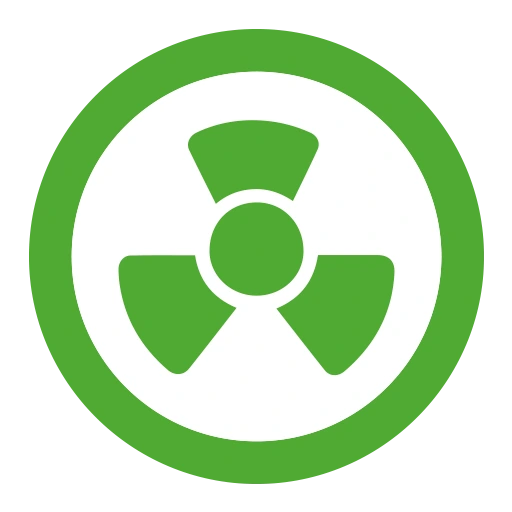
Radiology

The use of a radiologist is simply one aspect of cancer diagnosis and treatment. A comprehensive cancer examination typically includes a discussion of your medical history.

Endocrinology

To determine the levels of different hormones in the body of a patient. To see if the endocrine glands are functioning properly.


